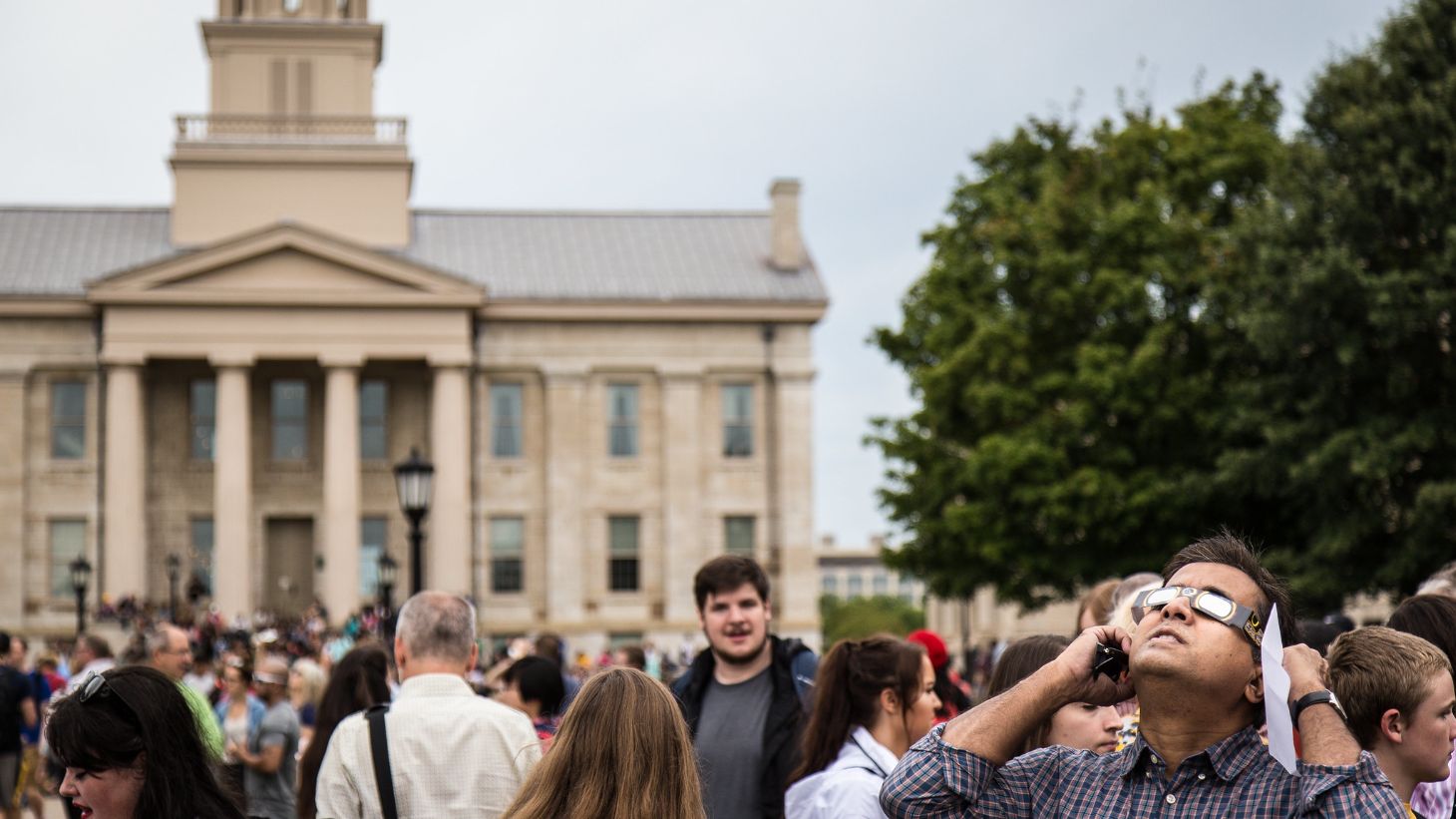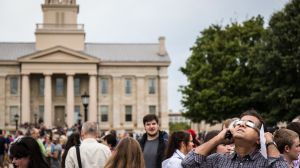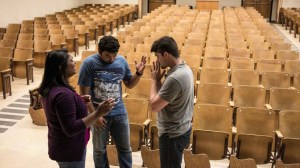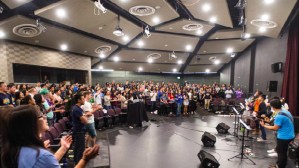Update (December 6, 2021): A state panel agreed Monday to spend nearly $2 million to settle two federal lawsuits brought against the University of Iowa in 2017 from Christian student groups that lost their campus status over their faith positions.
Lawyers for the student group Business Leaders in Christ were awarded $1.37 million in fees and costs for litigating the case. InterVarsity Christian Fellowship will be paid $20,000 in damages and about $513,000 in attorney fees.
A federal appeals court has upheld a 2019 ruling against the University of Iowa, affirming that the university discriminated against a Christian club by stripping it and dozens of other religious clubs of their registered status.
A three-judge panel of the US 8th Circuit Court of Appeal on Friday found that a lower federal court correctly ruled that the university can’t selectively deregister student organizations. That ruling came on a lawsuit filed by InterVarsity Christian Fellowship after university administrators deregistered its local chapter along with multiple other religious groups.
The university moved to deregister the groups after another faith-based group, Business Leaders in Christ, sued the university for kicking it off campus following a complaint that it wouldn’t let an openly gay member seek a leadership post.
The appeals court said Friday that “we are hard-pressed to find a clearer example of viewpoint discrimination.”
The university had not allowed Christian, Muslim, and Sikh groups to appoint leaders based on their shared faith, selectively enforcing its policy requiring all clubs to offer equal opportunity and access regardless of classifications including race, religion, national origin, age, gender, sexual orientation, or gender identity.
According to Becket, which represented InterVarsity Christian Fellowship in the case, “the court warned that university officials who ‘make calculated choices about enacting or enforcing [such] unconstitutional policies’ should be on notice that they are not entitled to qualified immunity but instead will be held personally accountable for their actions.”
The university exempts sororities, fraternities, and some sports clubs from its policy prohibiting sex discrimination and allows some groups to require members of specific racial groups, the appeals court said.
It even allowed one group, LoveWorks, to require its members to sign a “gay-affirming statement of Christian faith” while disqualifying groups that required members to affirm different religious statements of faith, the court said.
“The university’s choice to selectively apply the Human Rights Policy against InterVarsity suggests a preference for certain viewpoints — like those of LoveWorks—over InterVarsity’s,” Circuit Judge Jonathan Allen Kobes wrote for the panel. “The university focused its ‘clean up’ on specific religious groups and then selectively applied the Human Rights Policy against them. Other groups were simply glossed over or ignored.”
Attorneys with the Iowa Attorney General’s Office listed on court filings as representing the university in the lawsuit did not immediately return phone messages Friday seeking comment.
A UI spokeswoman, Anne Bassett, said in an email Friday afternoon that the university “respects the decision of the court and will move forward in accordance with the decision.”
Daniel Blomberg, an attorney for InterVarsity, said Friday's ruling puts other schools on notice.
“Schools are supposed to be a place of free inquiry and open thought, but the school officials here punished opinions they didn’t like and promoted ones they did — all while using taxpayer dollars to do it,” Blomberg said.

















